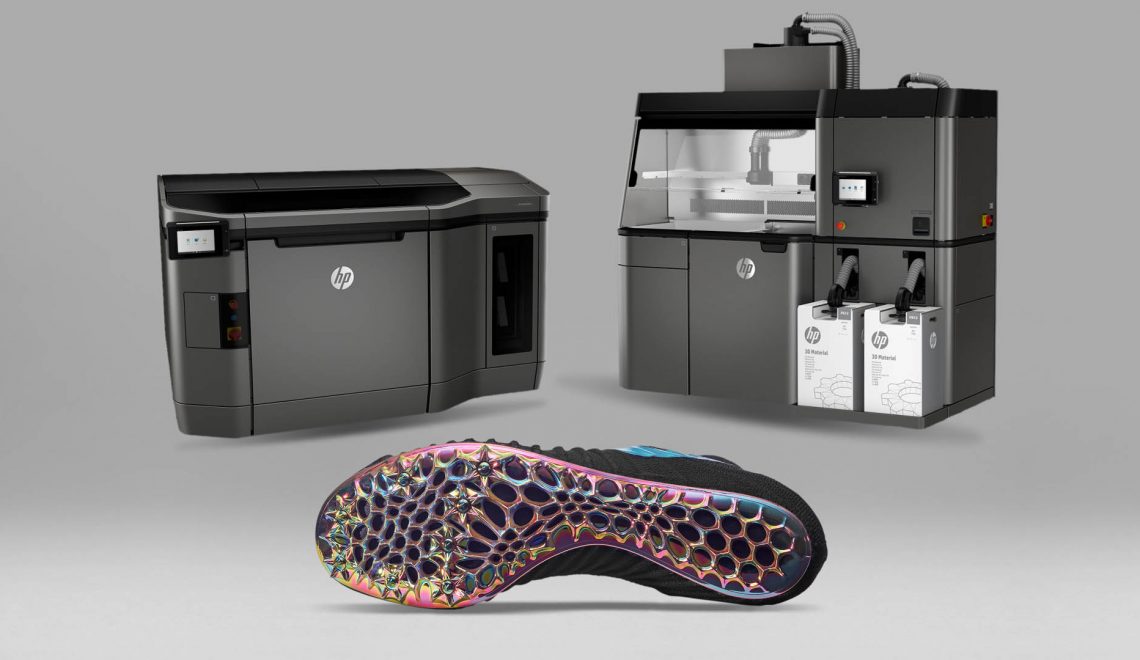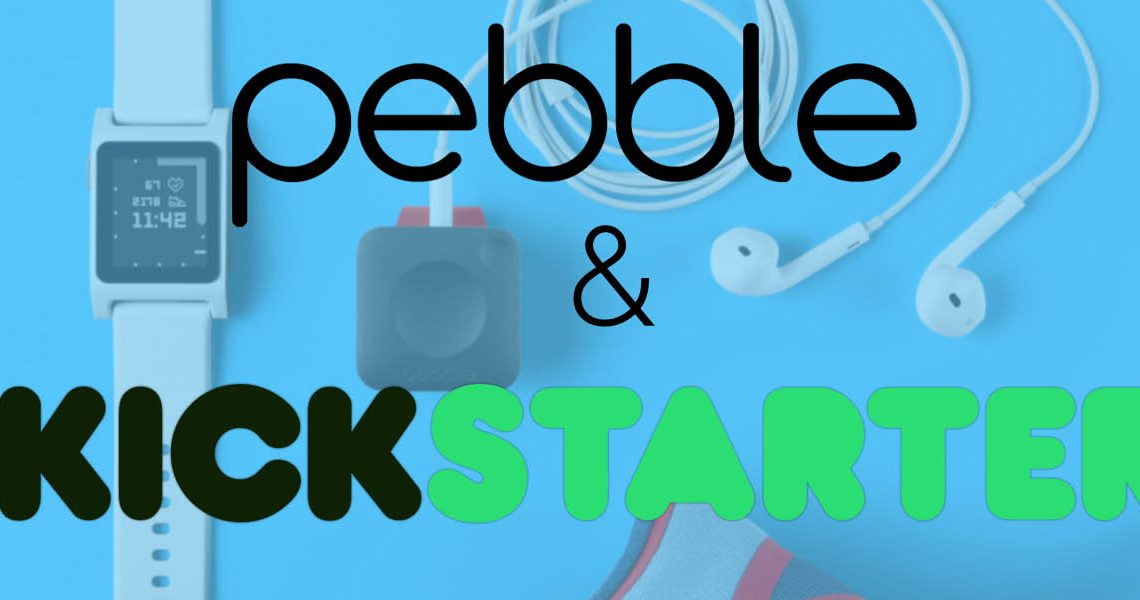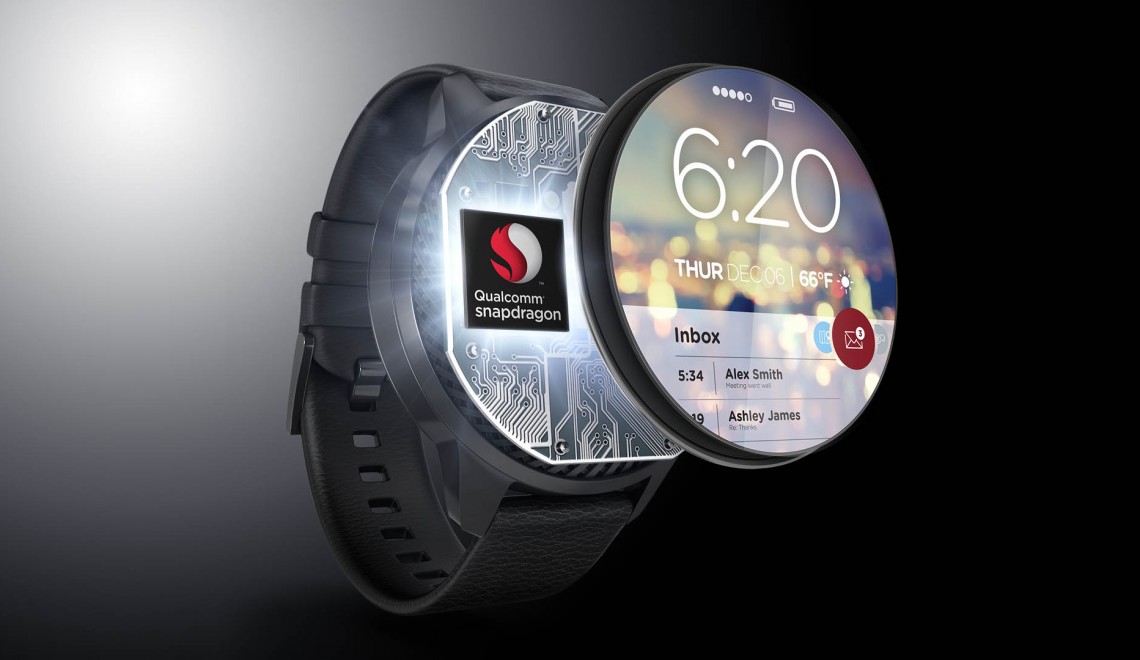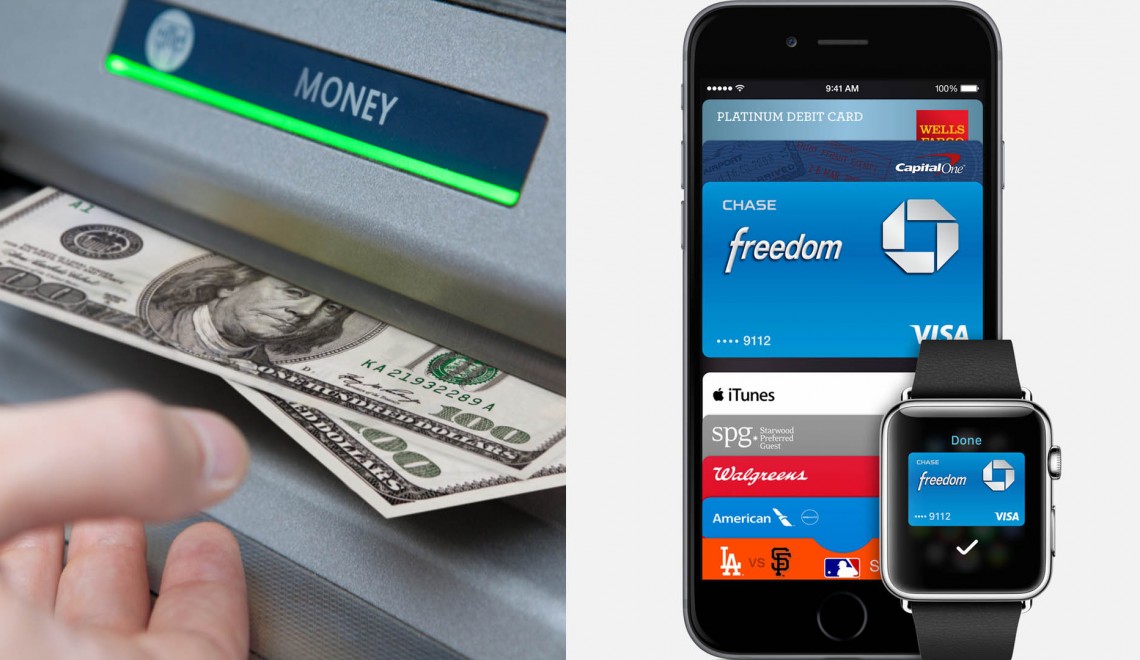Jawbone Selling Off Wearable Inventory, Speaker Business
Jawbone, one of the first companies to market a wearable, app-connected fitness tracker, looks to be exiting the consumer wearables market. Tech Insider reports that Jawbone has ceased all production of their fitness trackers and has sold the remaining inventory to a 3rd party. The move isn’t completely surprising as activity trackers appear to be waining in populating while simultaneously in a price race to the bottom. Last November Jawbone closed their NY office and laid off 15% of the company’s workforce. Originally introduced in 2011, the Jawbone UP was a first of its kind device. Heralded as introducing a revolutionary new way to lose weight and get fit, the UP synced with a dedicated app on your smartphone by connecting through the headphone port. It measured steps, distance, calories, overall activity, and sleep. The wearable was screen-less and designed to look like a small bracelet. The 2011 launch was a bit rough, with widespread claims that it didn’t track correctly, didn’t sync reliably, and had charging issues. Jawbone stopped production later that year, offering to buy back any of the devices, and completely redesigned the internals of the UP. It relaunched in late 2012 where it entered a much more competitive market, squaring off against the Nike Fuelband and Fitbit One (Fitbit’s first wrist-worn tracker launched in 2013), both of which offered superior wireless syncing.
Continue reading










